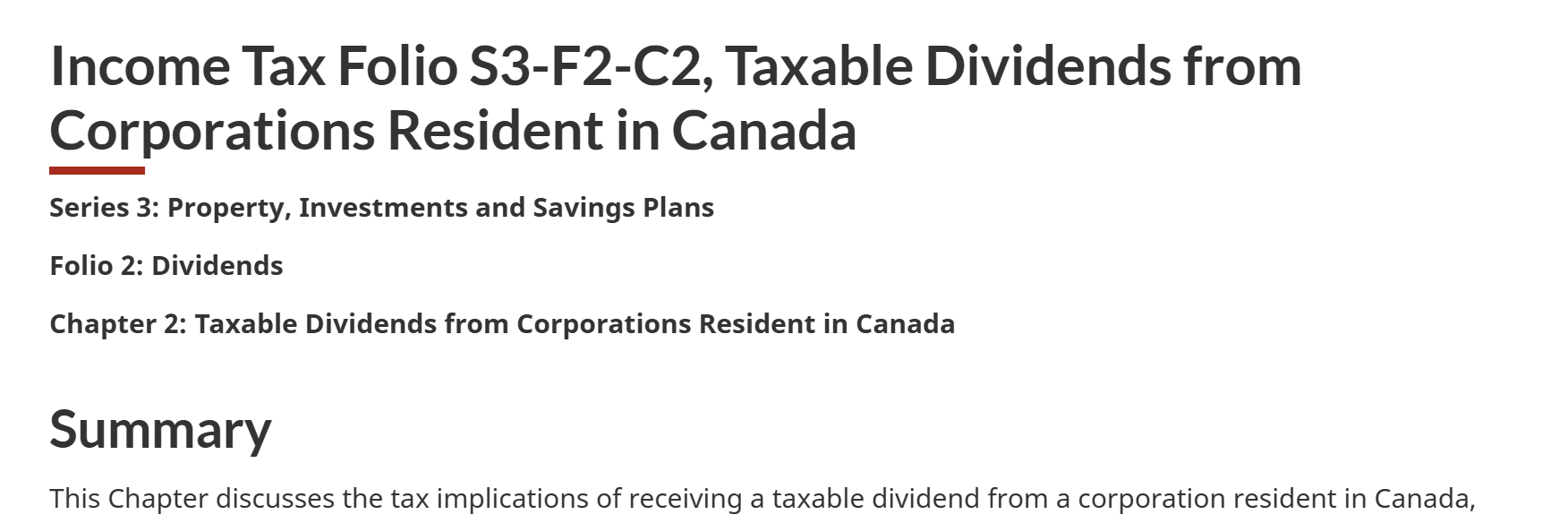
If you’re incorporated and wondering how to take money out of your corporation, you’re not alone. I get this question every day from new business owners, and it always sounds something like:
“Should I pay myself a salary or just take dividends? And...what are dividends?”
And honestly? The answer is, it depends.
Simple idea: salary = earned income, dividends = investment income.

This is where Reddit threads like this one go into debate.
If you only look at tax, dividends can seem cheaper, no CPP, lower personal rate. But taxes aren’t everything.
A $60,000 salary and a $60,000 dividend are not apples to apples. Salary reduces your corporate tax bill, dividends don’t. CPP isn't “wasted money” either, it gives you future retirement benefits. There’s also RRSP room to think about.
Reddit is full of people talking about the “magic” 60/40 split (60% salary, 40% dividends) as some kind of golden rule. But there is no magic. Just math.
That mix made sense in past years when balancing CPP vs tax rates landed nicely at 60/40. But tax laws and personal situations shift. What works for one person may be suboptimal for someone else.
In real life, here’s what I often recommend:
If you ever plan to sell your business, or you’re applying for SR&ED tax credits, or you want to show real labour inputs for tax planning, be careful. Dividends don’t count as compensation in some of these scenarios. Salary often paints a clearer picture.
A lot of the small business owners I work with looking for a CPA in Ottawa end up doing a blend. Maybe salary to build RRSP room, but a top-up dividend in December to clear out some retained earnings. Others stick to salary only for simplicity.
There’s no perfect answer, but the most important thing is: have a plan.
Salary or dividends? It’s not about which one is "better", but which one is better for you. Your cash flow, your goals, your retirement plans, your admin tolerance.
Need help running the numbers and figuring out a plan? That’s what I do.
Shoot me a message and let’s talk through your options, whether it’s your first year in business or your tenth.
Further Reading:
Want to keep your salary-dividend strategy clean, smart, and CRA-proof? Let's talk.
--
Disclaimer
The information provided on this page is intended to provide general information. The information does not take into account your personal situation and is not intended to be used without a specific consultation. Lucas CPA Professional Corporation will not be held liable for any problems that arise from the usage of the information provided on this page.